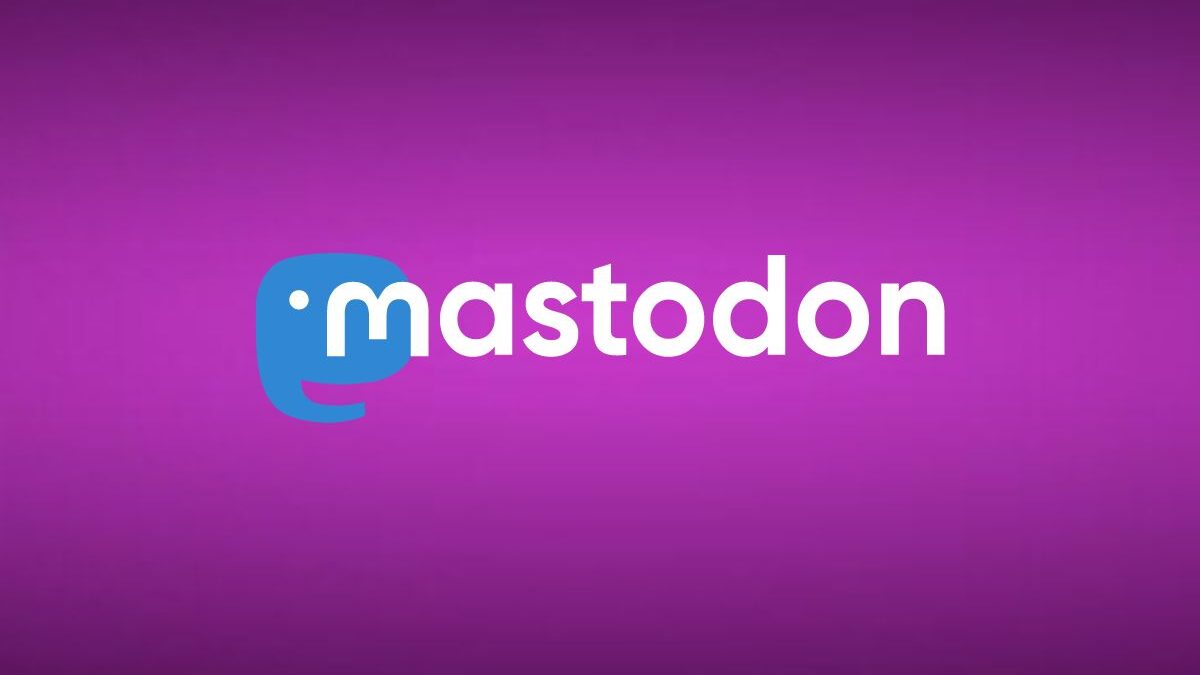Mastodon, a decentralized social network, recently encountered a significant security challenge when a critical account hijacking vulnerability, known as CVE-2024-23832, emerged. This flaw, rated at 9.4 out of 10 in terms of severity, has the potential to enable attackers to remotely take control of user accounts. In response to this threat, Mastodon took immediate action to address the vulnerability and protect its user base.
The security vulnerability at hand stems from inadequate origin validation across all versions of Mastodon, creating a vulnerability that allows attackers to impersonate and seize control of remote accounts. This flaw affects Mastodon versions prior to 3.5.17, 4.0.x versions before 4.0.13, 4.1.x versions prior to 4.1.13, and 4.2.x versions before 4.2.5. The severity of the issue prompted Mastodon to assign a high CVSS score, highlighting the potential risks associated with this vulnerability.
 Alert served to server admins
Alert served to server admins
Source: Kevin Beaumont
Upon discovering this critical vulnerability, Eugen Rochko, Mastodon’s CEO and lead developer, issued a security advisory, urging administrators to take swift action. Administrators were promptly notified about the severity of the issue and were called upon to respond promptly.
Mastodon’s development team acted swiftly and released a patch to address the vulnerability. The fix has been integrated into Mastodon versions 3.5.17, 4.0.13, 4.1.13, and 4.2.5. Administrators of Mastodon instances were strongly encouraged to download and install the patch to ensure the security of their users’ accounts.
 Alert served to server admins
Alert served to server admins
Source: Kevin Beaumont
To safeguard against potential exploitation, Mastodon made the decision not to disclose specific technical details of the vulnerability until February 15, 2024. This responsible approach allows administrators ample time to update their server instances before any potential attacks can occur.
The decentralized nature of Mastodon poses challenges when it comes to security updates. Each instance is managed independently, requiring individual updates from administrators. While this decentralized model promotes diversity, it also necessitates a collective effort from administrators to ensure timely implementation of security patches.
Mastodon has faced previous security challenges, including critical bugs like CVE-2023-36460 and CVE-2023-36459 in July 2023. These incidents highlight the importance of remaining vigilant and responding swiftly to security threats.
The Mastodon community responded admirably to the critical vulnerability, with over half of all active servers adopting the patch within a day. This showcases the effectiveness of the community’s communication channels and the urgency conveyed by Mastodon’s leadership.
Mastodon’s swift response to the critical account hijacking vulnerability underscores its commitment to user security. By promptly addressing and patching the flaw, Mastodon aims to maintain the integrity of its decentralized social network. This incident serves as a reminder of the challenges associated with decentralized platforms and the significance of proactive security measures in safeguarding user accounts.

